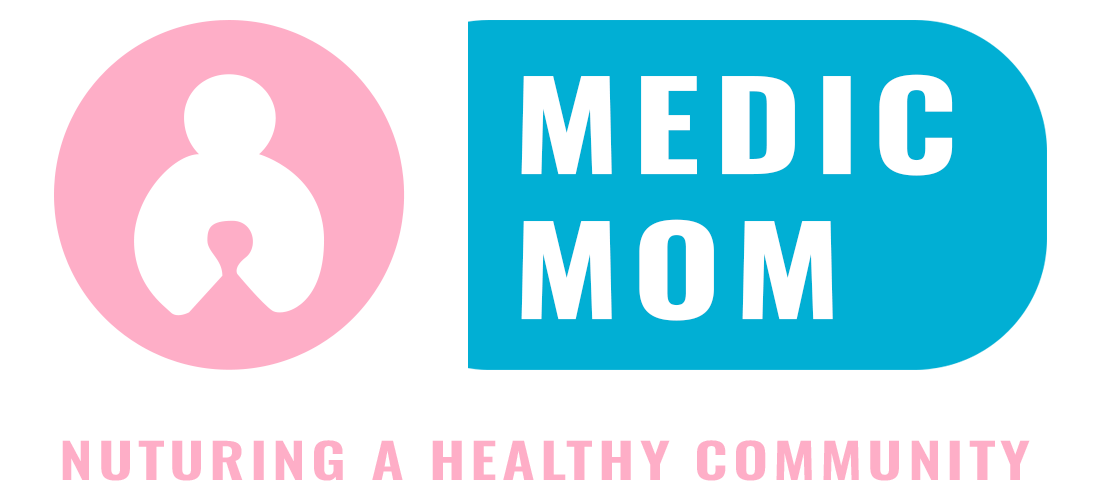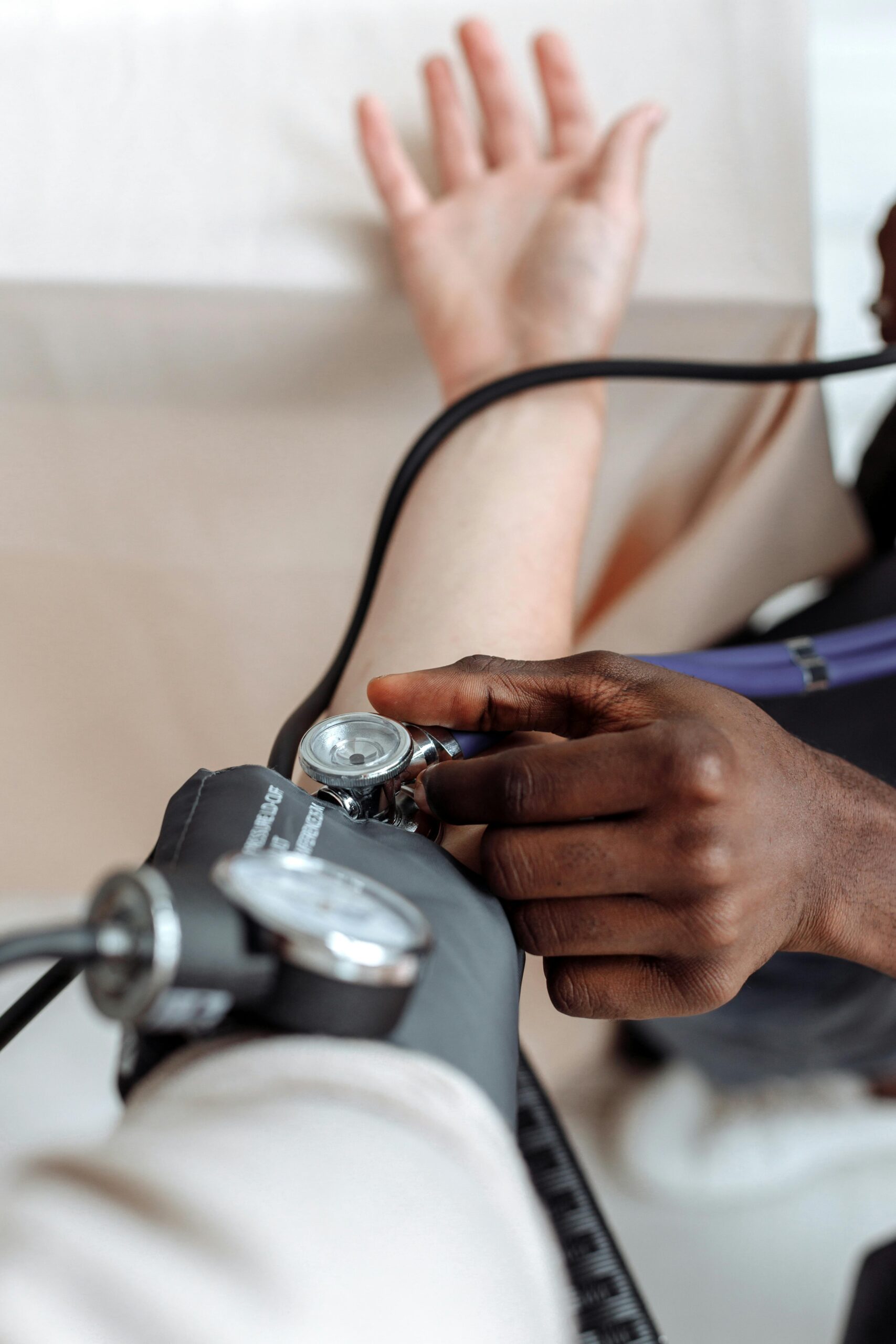OVERVIEW
Introduction
Hypertension, commonly known as high blood pressure, is a prevalent condition that increases the risk of severe health issues like heart disease, stroke, and kidney disease. Often called the “silent killer” because it frequently shows no symptoms, hypertension affects millions worldwide, making early diagnosis and management critical.
Definition
Hypertension occurs when the force of blood against the walls of the arteries remains consistently elevated. Blood pressure is measured in millimeters of mercury (mmHg) and is typically recorded as two numbers: systolic pressure (the pressure when the heart beats) and diastolic pressure (the pressure when the heart rests between beats). A reading of 130/80 mmHg or higher is considered hypertensive.
Types of Hypertension
Primary (Essential) Hypertension: This is the most common type, developing gradually over many years due to lifestyle factors and genetic predispositions.
Secondary Hypertension: This type occurs due to an underlying health conition, such as kidney disease, hormonal disorders, or sleep apnea, and usually appears suddenly.
Causes and Risks
Several factors increase the risk of developing hypertension, including age, family history, obesity, physical inactivity, high salt intake, excessive alcohol consumption, and smoking. Chronic stress and poor dietary habits can also contribute to high blood pressure. When left unmanaged, hypertension can lead to complications such as heart attacks, strokes, and kidney damage.
Diagnosis
Hypertension is diagnosed through blood pressure readings taken over at least two visits to the doctor, as blood pressure can fluctuate. If readings consistently show a systolic (top number) of 140mmHg or higher and/or a diastolic (bottom number) of 90mmHg or higher, a diagnosis of hypertension is made. To assess any underlying causes, doctors may conduct additional tests, such as blood and urine tests, or imaging tests like an echocardiogram.
Treatment
Treatment for hypertension includes lifestyle changes and, if necessary, medications. Lifestyle changes such such as adopting a low-sodium diet, engaging in regular physical activity, and managing stress are essential in managing high blood pressure effectively. Medications such as diuretics, beta-blockers, ACE inhibitors, and calcium channel blockers are commonly prescribed to control blood pressure.
Prognosis
With proper management, the prognosis for individuals with hypertension is generally positive. Those who adhere to prescribed medications and make necessary lifestyle adjustments often see significant improvements. However, without management, hypertension can lead to severe complications, including cardiovascular disease, stroke, and kidney damage, which can have life-threatening consequences.
Prevention
Hypertension prevention involves adopting a healthy lifestyle. Regular physical activity, a balanced diet low in salt and rich in fruits, vegetables, and whole grains as well as maintaining a healthy weight are key preventive measures. Reducing alcohol intake, managing stress, and quitting smoking also help lower the risk of hypertension. Routine blood pressure checks are essential for early detection and prevention.
Living with Hypertension
Living with hypertension requires ongoing commitment to lifestyle changes and monitoring. Regular blood pressure checks, a healthy diet, physical activity, and stress management play key roles in maintaining normal blood pressure levels. Many find it helpful to work with healthcare providers or nutritionists to create personalized plans that align with their lifestyle while effectively managing their blood pressure.





